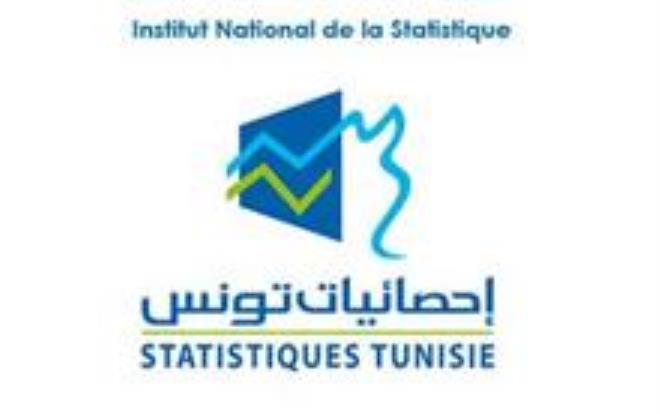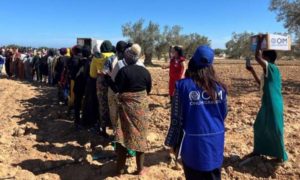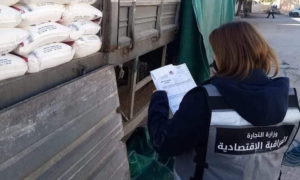Over 60% of Tunisian families assert that they have been affected in one way or another by COVID-19, largely by the rise in food prices and job loss, shows a survey issued on Friday by the National Institute of Statistics (INS).
According to this survey dedicated to observing the socio-economic repercussions of COVID-19 on Tunisian houses during the period from April 29 to May 8, 2020, the increase in food costs and job loss throughout the lockdown has been the central concerns of families,the TAP reported.
To adjust with the increase in food prices or to make up for the loss of their jobs, 25% of the households surveyed drew on their savings, according to this survey conducted by phone among a panel of 1,369 households representative of the Tunisian population.
Another 25% were required to receive aid or to acquire money from relatives, while 15% of them resorted to a partial payment of their obligations.
In addition, some had to adjust their food and non-food consumption habits, says the survey, which was conducted in collaboration with the World Bank.
On the other hand, more than one-third of respondents said they had been concerned about running out of food for economic reasons during the month prior to the survey.
This fear was observed more in rural areas and among households with a low living standard.
These concerns demonstrated themselves in a part of the society by a shift in eating habits through a decrease in the amounts consumed or consumption of foods that are not commonly appreciated, the same source points out.
In the 30 days prior to the survey, approximately 30% of households in the poorest quantile and about 20% of those in the intermediate quantile reduced their food consumption due to a lack of money or other resources,adds the TAP.
Financial pressures have also made about 30% of people in the two poorest quantiles to switch to foods that are usually unpopular.
However, fewer than 1% of the respondents state having gone without eating for an entire day due to a shortage of money or other resources.
According to the survey, the health crisis has had a consequence on the stock of some basic commodities, mainly flour and semolina and to a lesser extent sanitary products.
This shortage has affected all classes of the population relatively equally, says the same source, adding that the rate of social welfare coverage and its quality are worse for the most economically vulnerable people. This section of the population would thus be more exposed to the impact of a health crisis.
What's happening in Tunisia?
Subscribe to our Youtube channel for updates.

















































